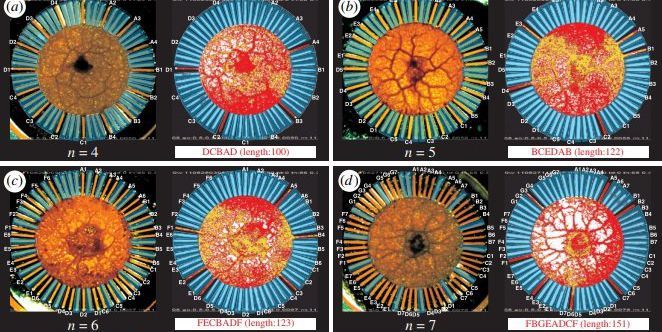https://paper.li/e-1437691924#/
On the second balmy day of the year in New York, Neil Harbisson, a Catalan artist, musician, and self-professed “cyborg,” walked into a café in the Nolita district of Manhattan. The actor Gabriel Byrne was sitting at a table in the corner. Harbisson approached. “May I do a sound portrait of you? It will just take one minute. For nine years, I’ve been listening to colors,” he explained.
Byrne eyed his questioner from under raised eyebrows. On a slight frame, the 30-year-old Harbisson wore a white T-shirt, deep-pink jeans and black-and-white showman’s brogues. His face was angular, with an aquiline nose and a chin smudged with grown-out stubble. A small plastic oval floated in front of his forehead, attached to the end of a flexible stem that reached around from the back of his head and over a sandy pageboy mop, like the light on the head of an angler fish. This “eyeborg,” as Harbisson calls it, converts light into audible sound, with a pitch that varies according to the color of the light.

















